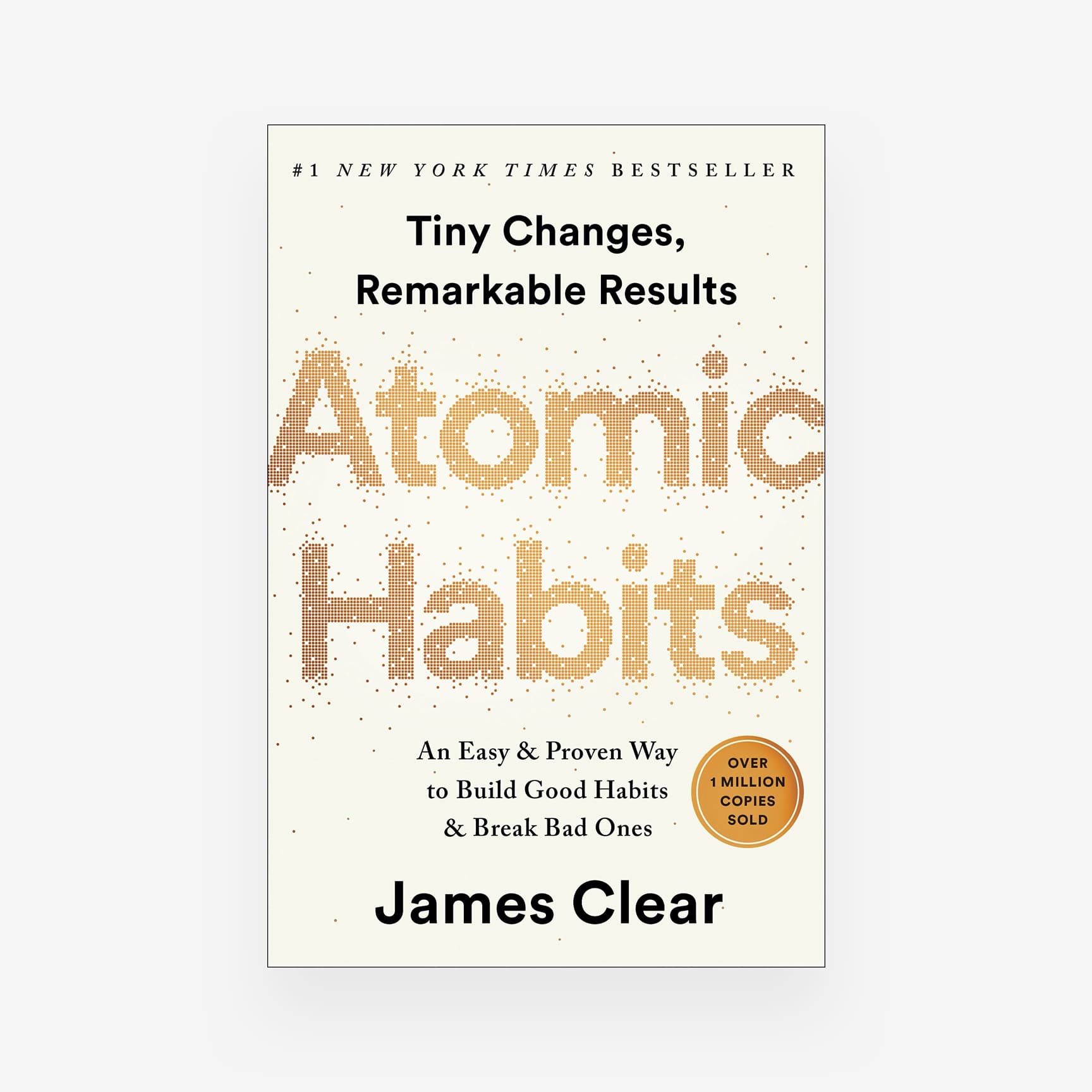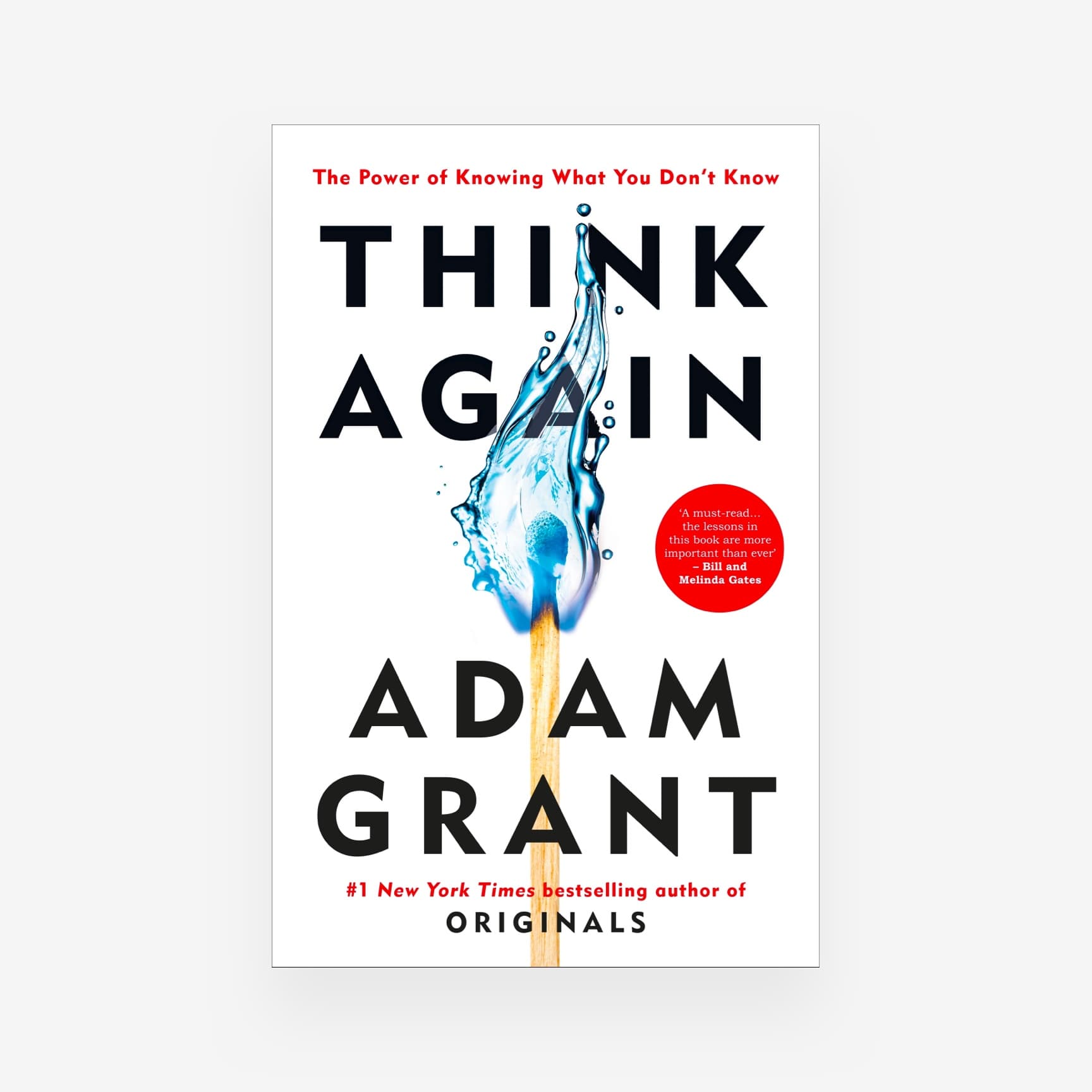In our relentless pursuit of success, we are often inundated with advice to persevere at all costs and never give up. While persistence and determination are certainly valuable traits, there are moments when quitting can actually be a strategic move that propels us toward our goals.
At first glance, the idea of quitting may seem counterintuitive or even counterproductive. However, strategic quitting goes beyond simply giving up; it involves making calculated decisions to discontinue certain endeavors in order to prioritize other opportunities or goals. It's about recognizing when a particular path no longer aligns with our strategic vision and having the courage to redirect our efforts toward more promising ventures.

Photo from the wires
By embracing strategic quitting, we adopt a proactive and discerning approach to our pursuits. We learn to evaluate the costs and benefits, assess the returns on our investments, and make informed decisions based on a thorough analysis of our circumstances. It's a mindset shift that allows us to break free from the shackles of unfruitful endeavors and focus our limited resources on endeavors with higher potential for success.
In this thought-provoking blog post, we will explore the concept of strategic quitting and delve into its potential to unlock new pathways to success, both personally and professionally.
1. The Power of Strategic Quitting
Strategic quitting is not about admitting defeat; it's about making calculated decisions to quit something in order to prioritize other opportunities or goals. By strategically quitting, you can reallocate your resources and focus on endeavors that have a higher potential for success. It's a mindset shift that allows you to make strategic choices rather than being tied down by unfruitful pursuits.
2. Evaluating the Cost-Benefit Analysis
Before deciding to quit, it's essential to conduct a thorough cost-benefit analysis. Consider the short-term and long-term gains and losses associated with quitting. Evaluate how quitting will affect your progress, resources, and overall strategic objectives. This analysis will help you determine whether quitting is the right choice for your journey towards success.
3. Redefining Failure
Quitting is often stigmatized as failure, but it's time to change that perspective. Strategic quitting is not synonymous with giving up; it's about recognizing when a certain path no longer serves your purpose. By quitting strategically, you free up valuable time, energy, and resources that can be redirected towards more promising ventures. Embrace the idea that quitting can be a strategic move towards success rather than a sign of failure.
4. Identifying Warning Signs
To know when to quit strategically, you need to develop self-awareness and pay attention to warning signs. These signs may include a lack of progress, diminishing returns, or a misalignment with your values and long-term objectives. Trust your intuition and be open to reassessing your path. Identifying these warning signs empowers you to make timely decisions and avoid wasting valuable resources on unproductive endeavors.
5. Strategic Quitting in the Professional Sphere
Strategic quitting holds particular relevance in the professional world. It could mean leaving a job that no longer aligns with your career goals, discontinuing projects with limited potential, or ending unproductive partnerships. By strategically quitting, you create space for new opportunities and growth, allowing you to focus on endeavors that align with your strategic vision and contribute to long-term success.
6. Navigating Personal Relationships
Strategic quitting isn't limited to professional pursuits; it extends to personal relationships as well. Evaluate your relationships and consider whether certain dynamics are hindering your personal growth or overall well-being. Sometimes, ending toxic or unfulfilling relationships can be a strategic move towards a happier and more fulfilling life. Prioritize relationships that support your growth and bring positivity into your journey.
Quitting strategically is a powerful tool on the path to success. By evaluating the costs and benefits, redefining failure, and recognizing warning signs, you can make informed decisions about when to strategically quit.
Whether it's in your professional or personal life, strategic quitting allows you to reallocate your resources and pursue endeavors that align with your strategic objectives.
Embrace the power of strategic quitting, and unlock new pathways to success in both your personal and professional endeavors.






















